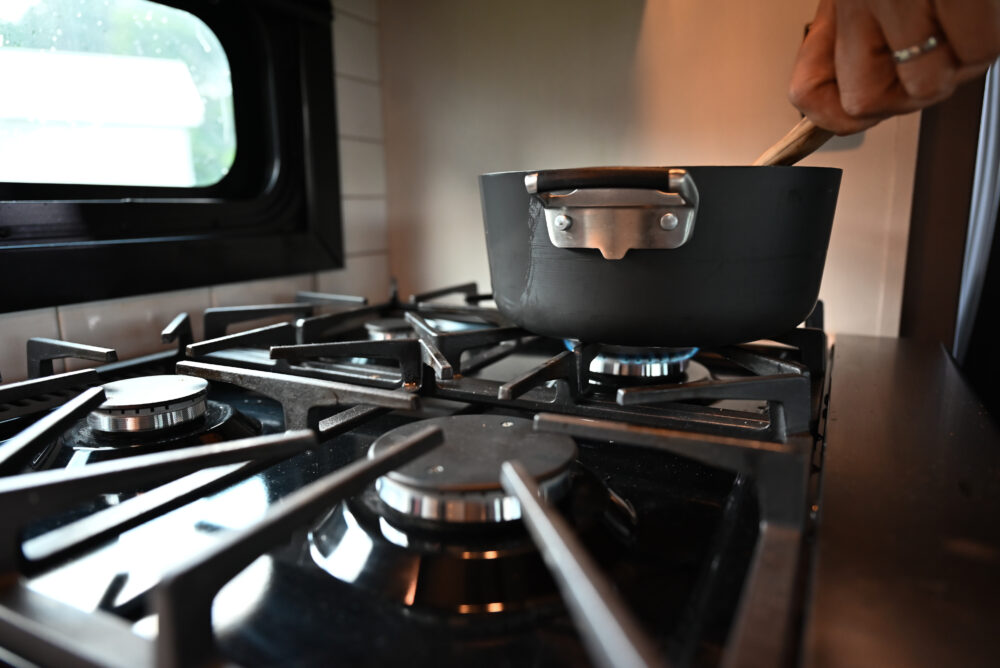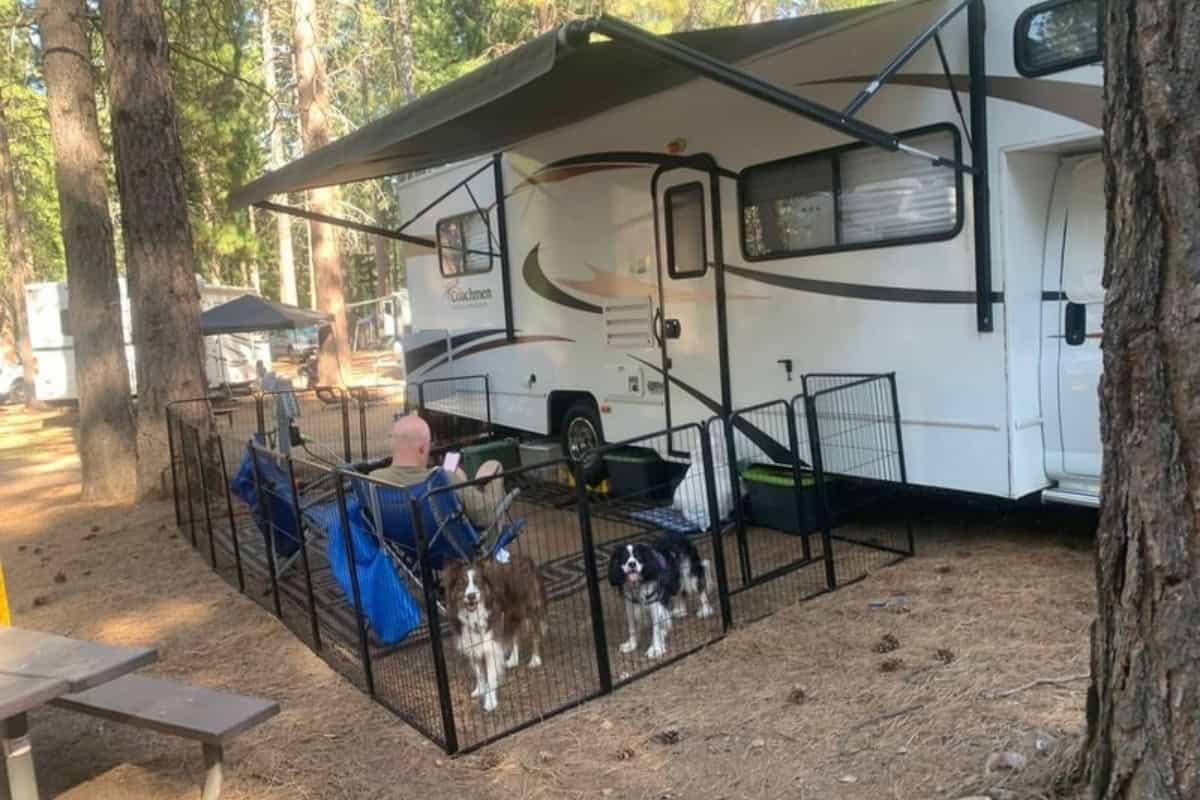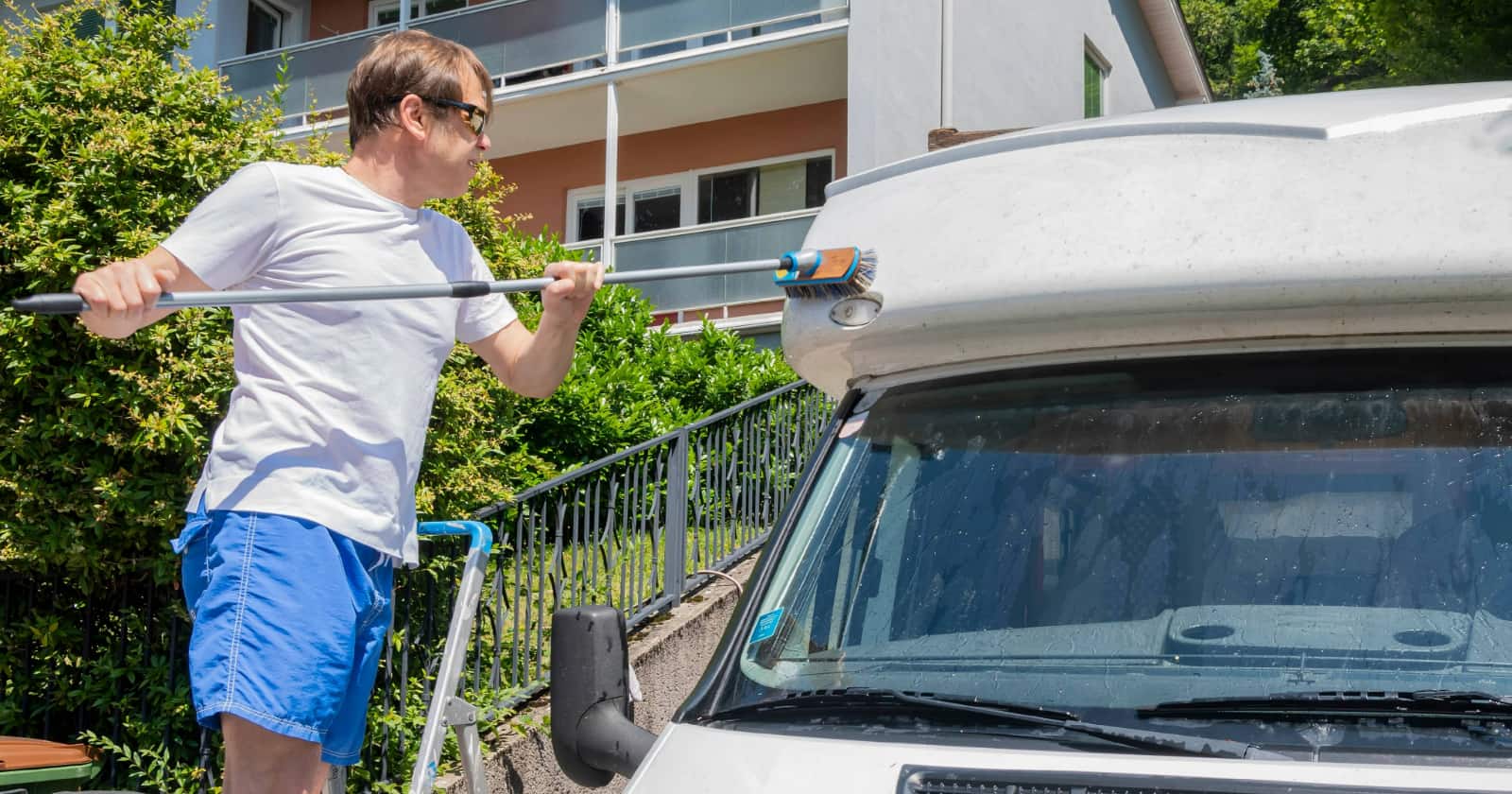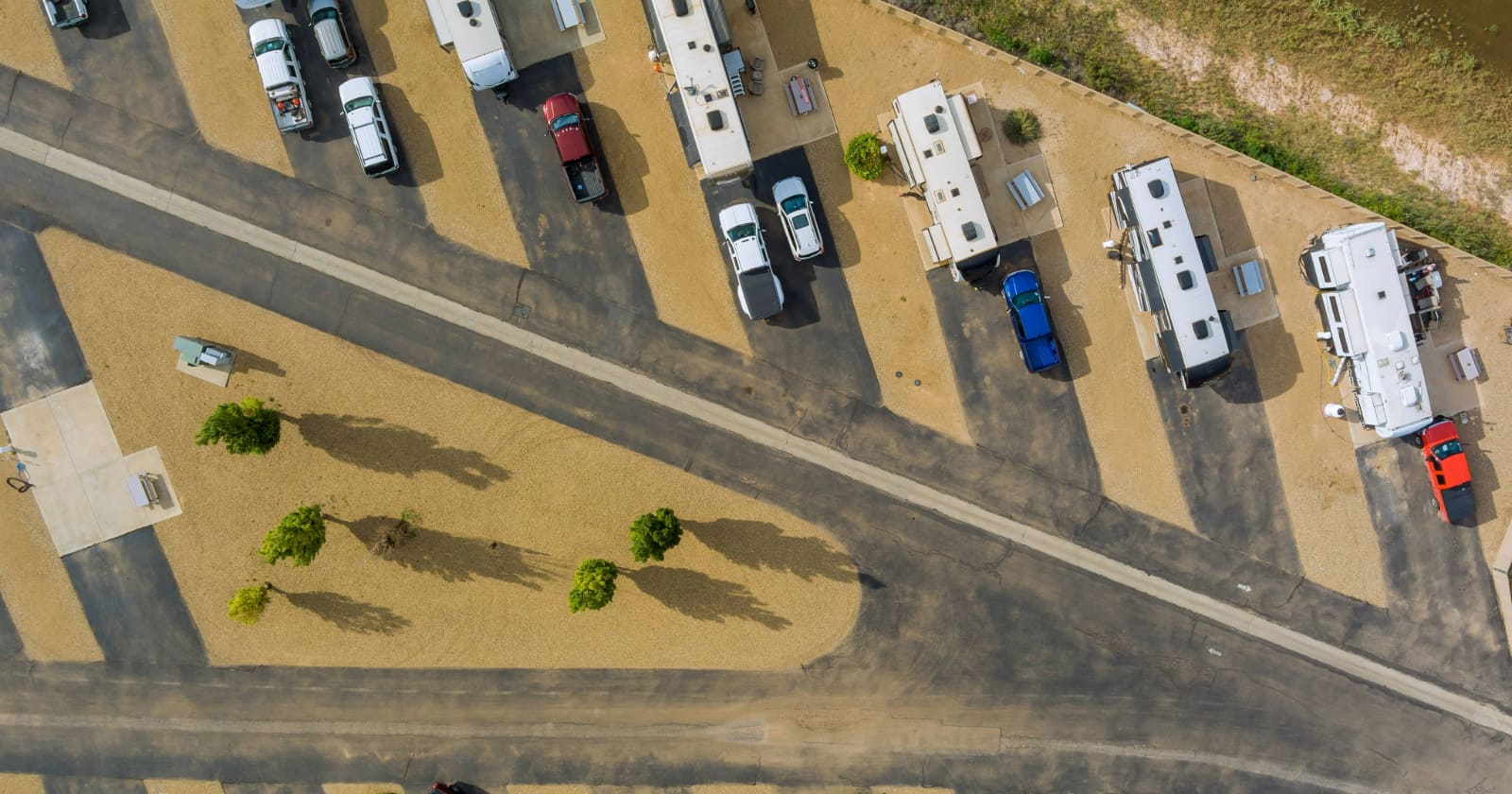
How To Ensure Your RV Gas Lines Are Leak-Free
RVs are essentially homes on wheels, offering comfort and convenience while traveling. Among the various systems that ensure the smooth functioning of an RV, the gas system plays an indispensable role. Gas fuels our stoves, ovens, and sometimes even heaters, making our adventures warm and comfortable.
However, given the highly flammable nature of propane and other gases used in RVs, it’s crucial to ensure that the gas lines are leak-free and safe. Here’s a comprehensive guide to ensuring your RV gas lines are in top condition.
1. Understand the importance
Safety comes first. Gas leaks are dangerous not only because they can lead to fires or explosions but also because they can cause serious health issues if inhaled over a period of time. Recognizing the importance of regular checks and maintenance is the first step to ensuring safety.
2. Regularly inspect gas lines
At least twice a year, or before embarking on a long journey, visually inspect the gas lines. Look for signs of wear, tear, cracks, or damage. The rubber hoses can deteriorate over time, so it’s crucial to catch any potential issue before it becomes a major problem.
3. Conduct the Soapy Water Test
One of the simplest methods to detect a leak is the soapy water test:
- Turn on the propane tank.
- Mix a solution of water and dish soap in a spray bottle.
- Spray the solution over the gas line connections, valves, and joints.
- Watch for bubbles. If they form, it indicates a gas leak at that spot.
4. Use gas leak detectors
Consider installing a propane gas detector inside your RV. It will sound an alarm if it detects an excessive amount of propane in the air. These detectors have a lifespan and need to be replaced every few years to ensure they are functioning correctly.
5. Ensure proper ventilation
Always ensure proper ventilation in your RV, especially when using gas appliances. If a minor leak occurs, good ventilation can prevent the buildup of gas fumes, reducing the risk of inhalation or explosion.
6. Check the regulator
The gas regulator, which ensures gas flows at the right pressure, can also become a source of leaks. Periodically inspect it for signs of wear and tear. Replace if you suspect any malfunctioning.
7. Replace old gas lines
Gas lines and connections have a lifespan. If your RV is old, or if you’re unsure when the gas lines were last replaced, it might be time for a replacement. Modern gas lines are made of materials that resist corrosion and wear better than older lines.
8. Annual professional check
Even if you’re diligent with your checks, it’s advisable to get a professional inspection at least once a year. Professionals have specialized equipment and expertise to detect and fix issues that might not be evident to the untrained eye.
9. Educate yourself
Knowing the smell of propane can help you detect a leak. If you ever smell rotten eggs or a skunk-like odor inside or around your RV, it’s crucial to act quickly. Turn off the propane source, ensure ventilation, evacuate the RV, and seek professional assistance.
10. Practice safe storage
If your RV is in storage, ensure the propane tanks are turned off. It’s also a good idea to conduct a thorough inspection of the gas lines when taking the RV out of storage, as dormant systems can become habitats for pests that might damage the lines.
11. Use quality parts
If you ever need to replace a part of your gas line system, ensure you’re using high-quality, RV-approved parts. Cheaper, non-standard parts might not withstand the pressures and demands of an RV gas system and can lead to issues down the line.
12. Stay updated with recalls
Manufacturers occasionally issue recalls for parts, including those related to the gas system. Ensure you’ve registered your RV so you receive notifications about any recalls. It’s an easy step that can significantly boost your safety.
Conclusion
The joy and freedom that an RV offers come with the responsibility of maintenance. Gas systems, given their potential risks, should be a top priority. With regular checks, a proactive approach to replacements, and an emphasis on safety, you can ensure your RV gas lines remain leak-free, allowing you to focus on the adventures ahead.
Make sure you keep track of all your RV maintenance and repairs with an online tool such as RV LIFE Maintenance. Not only can you keep all of your documents in one place, but you’ll also receive timely reminders when maintenance is due to help you avoid costly repairs and potentially serious accidents.



